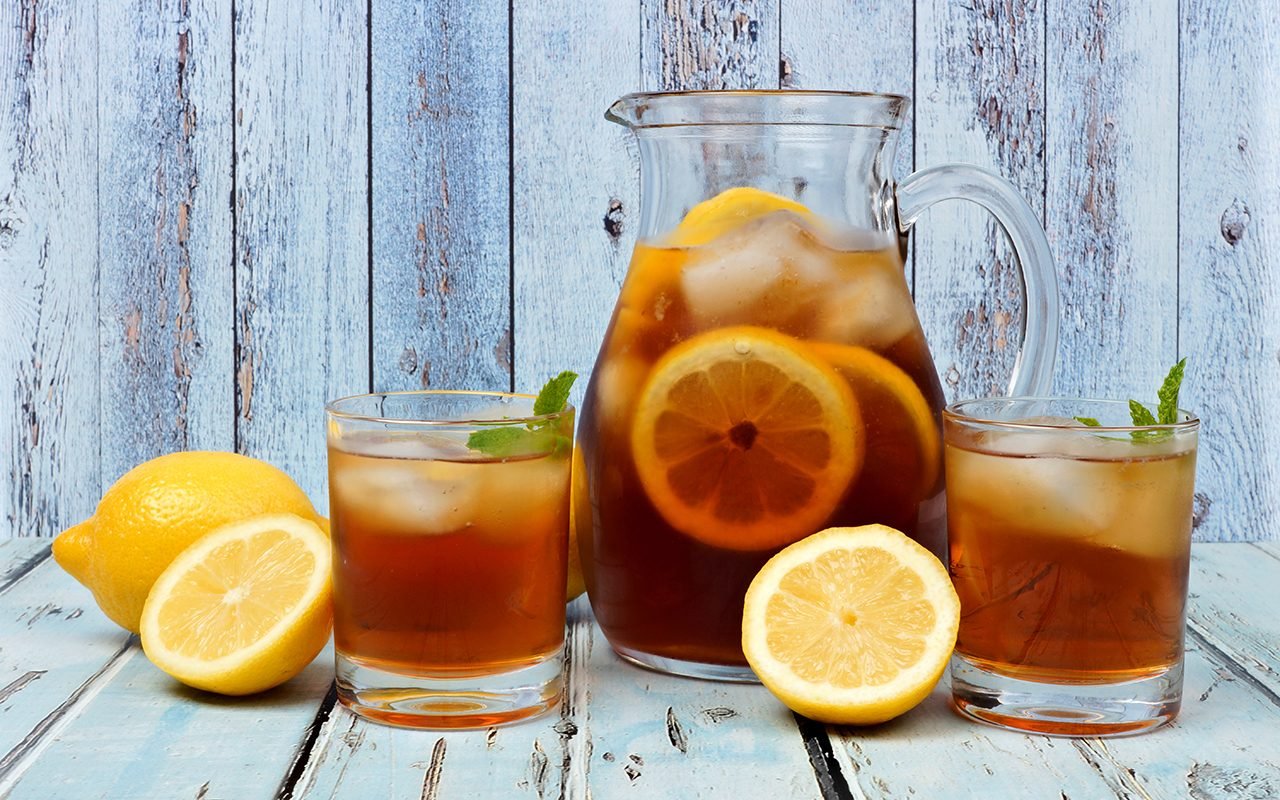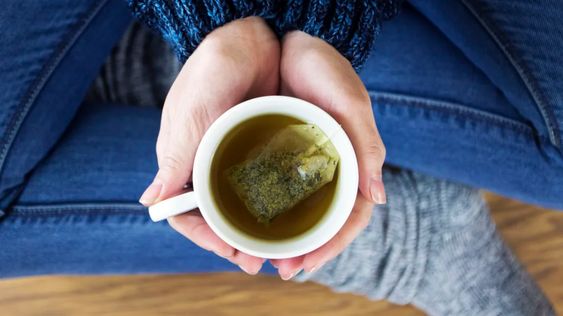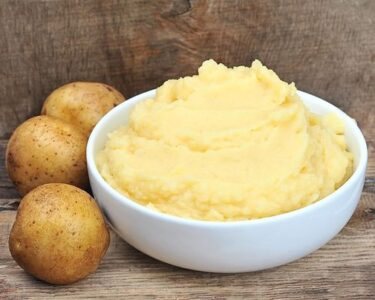How Long to Steep Tea
The ideal steeping time for tea depends on the type of tea you’re brewing. Here’s a quick guide:
- Black tea: 3-5 minutes
- Green tea: 1-2 minutes
- White tea: 2-3 minutes
- Oolong tea: 2-3 minutes
- Pu-erh tea: 2-3 minutes (some can go up to 5 minutes)
- Herbal tea: 5+ minutes
- Rooibos tea: 5+ minutes
For most teas, steeping for too long can result in a bitter taste. If you’re new to a particular tea, it’s always best to start with the shorter steeping time and adjust to your preference from there. You can also find steeping recommendations on the packaging of your tea.
Understanding Tea Steeping
What is Steeping?
Steeping is the process of soaking tea leaves in hot water to extract their flavors, aromas, and beneficial compounds. This process transforms the dry leaves into a delightful beverage that we enjoy. Don’t Miss to Check Out Our Website: THEGENERAL FEED
Why Steeping Time Matters
The duration of steeping significantly impacts the tea’s taste and quality. Too short a steep, and your tea might be weak and underwhelming. Too long, and it could become bitter and astringent. Finding the perfect balance is crucial.

Types of Tea and Ideal Steeping Times
Black Tea
Characteristics
Black tea is known for its robust flavor and dark color. It undergoes full oxidation, which gives it a rich, hearty taste.
Recommended Steeping Time
Steep black tea for 3 to 5 minutes in boiling water (around 212°F or 100°C).
Green Tea
Characteristics
Green tea is lighter and more delicate than black tea. It is minimally oxidized, preserving its fresh, vegetal flavors.
Recommended Steeping Time
Steep green tea for 2 to 3 minutes at a lower temperature of 160°F to 180°F (71°C to 82°C).
White Tea
Characteristics
White tea is the least processed tea, known for its subtle, sweet flavor and high antioxidant content.
Recommended Steeping Time
Steep white tea for 4 to 5 minutes at a temperature of 160°F to 185°F (71°C to 85°C).
Oolong Tea
Characteristics
Oolong tea is partially oxidized, offering a balance between the lightness of green tea and the robustness of black tea.
Recommended Steeping Time
Steep oolong tea for 4 to 7 minutes at 185°F to 205°F (85°C to 96°C).
Herbal Tea
Characteristics
Herbal teas are not made from the Camellia sinensis plant but from various herbs, spices, and flowers. They are naturally caffeine-free.
Recommended Steeping Time
Steep herbal tea for 5 to 7 minutes in boiling water (around 212°F or 100°C).
Pu-erh Tea
Characteristics
Pu-erh tea is fermented and aged, offering a unique, earthy flavor profile.
Recommended Steeping Time
Steep pu-erh tea for 3 to 5 minutes at 212°F (100°C).
Factors Influencing Steeping Time
Tea Quality
High-quality tea leaves usually require shorter steeping times as they release their flavors more efficiently.
Water Temperature
Different teas need different water temperatures to bring out their best qualities. Using the right temperature is crucial to avoid burning delicate leaves or under-extracting robust ones.
Tea Leaf Size
Whole leaves often need a longer steeping time compared to broken leaves or tea dust found in tea bags.
Personal Preference
Ultimately, your personal taste will dictate the perfect steeping time for your tea. Some might prefer a stronger brew, while others enjoy a lighter flavor.
Steeping Techniques for Perfect Tea
Measuring Tea Leaves
Use about one teaspoon of tea leaves per cup of water. Adjust according to your taste preference.
Using the Right Water Temperature
Invest in a good thermometer or a variable temperature kettle to ensure you’re steeping at the correct temperature for your type of tea.
Proper Steeping Vessels
Different teas may benefit from specific vessels like clay teapots for oolong or glass teapots for green tea to enhance the flavor experience.
Timing Your Steep
Use a timer to avoid oversteeping or understeeping. Each type of tea has an optimal steeping window.
Common Steeping Mistakes to Avoid
Oversteeping
This can lead to a bitter and overly astringent cup. Stick to the recommended times and taste as you go.
Understeeping
Understeeping results in a weak and flavorless tea. Ensure you give the leaves enough time to release their full potential.
Using Boiling Water for Delicate Teas
Delicate teas like green and white teas can be scorched by boiling water, leading to an unpleasant taste.
Not Timing the Steep
Guesswork can lead to inconsistent results. Always use a timer to keep track of your steeping time.
Tips for Adjusting Steeping Times
Experimenting with Steeping Times
Don’t be afraid to experiment. Start with the recommended times and adjust based on your taste preferences.
Adjusting for Strength
If you prefer a stronger tea, use more leaves rather than extending the steeping time. This prevents bitterness.
Adjusting for Flavor Profiles
Play around with different times to discover new flavor profiles. A shorter steep might highlight floral notes, while a longer one could bring out earthy tones.
Benefits of Properly Steeped Tea
Enhanced Flavor
Proper steeping brings out the best flavors, ensuring a rich and enjoyable tea experience.
Optimal Nutrient Extraction
Different teas have various health benefits. Proper steeping ensures you’re getting the maximum nutrients from your tea.
Improved Aroma
A well-steeped tea not only tastes good but also smells wonderful, enhancing the overall sensory experience.
Different Cultural Practices in Tea Steeping
Chinese Tea Ceremony
Chinese tea ceremonies focus on the art of brewing and appreciating tea. They often use small clay teapots and multiple short steeps.
Japanese Tea Ceremony
Known as “The Way of Tea,” the Japanese tea ceremony is a spiritual practice emphasizing harmony, respect, and tranquility.
British Afternoon Tea
A social tradition involving tea served with sandwiches, scones, and pastries, where black tea is often the star.
The Science Behind Tea Steeping
Chemical Compounds in Tea
Tea contains various compounds like tannins, catechins, and flavonoids. Steeping time affects how these compounds are released.
How Steeping Time Affects Antioxidant Levels
Longer steeping can increase the release of antioxidants, but it might also bring out more bitterness. Finding a balance is key.
Special Considerations for Iced Tea
Cold Steeping Method
Cold steeping is a slower process but results in a smoother, less bitter iced tea.
Hot Steeping for Iced Tea
Steep your tea hot, then cool it down for a quick iced tea. Adjust the steeping time to avoid bitterness.

Adjusting Steeping Time for Iced Tea
Iced tea generally requires a stronger brew, so consider steeping a bit longer or using more tea leaves.
Steeping for Specialty Teas
Matcha
Matcha is not steeped but whisked into hot water. Use a bamboo whisk for the best results.
Rooibos
This herbal tea from South Africa should be steeped for 5 to 7 minutes in boiling water.
Chamomile
Steep chamomile for about 5 minutes in boiling water to release its calming properties.
Conclusion
Mastering the art of steeping tea can transform your daily tea routine into a delightful ritual. By understanding the ideal steeping times for different types of tea and considering factors like water temperature and personal preference, you can enjoy the perfect cup every time. So, grab your favorite tea, set your timer, and start steeping to discover the full potential of your brew.
FAQs
How long should I steep green tea?
Green tea should be steeped for 2 to 3 minutes at a temperature of 160°F to 180°F (71°C to 82°C).
Can I reuse tea leaves?
Yes, many high-quality loose-leaf teas can be steeped multiple times. Each subsequent steep might reveal different flavor notes.
What happens if I steep tea for too long?
Oversteeping can lead to a bitter and overly astringent tea. It’s best to stick to the recommended steeping times.
Is there a difference between loose leaf and bagged tea steeping times?
Loose leaf tea often requires slightly longer steeping times compared to bagged tea due to the larger leaf size and higher quality.
How does water quality affect tea steeping?
Water quality can significantly impact the flavor of your tea. Using filtered water can enhance the taste and overall tea experience.

Welcome to TheGeneralFeed.ca, where Lucas brings a fresh perspective to the world of news and information!
Lucas is a dynamic writer who is passionate about delivering compelling content that informs, engages, and inspires our readers. With a keen interest in a wide range of topics, including current events, technology, lifestyle, and more, Lucas keeps our audience informed and entertained with his insightful articles.




